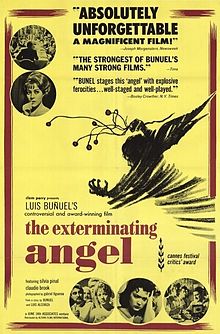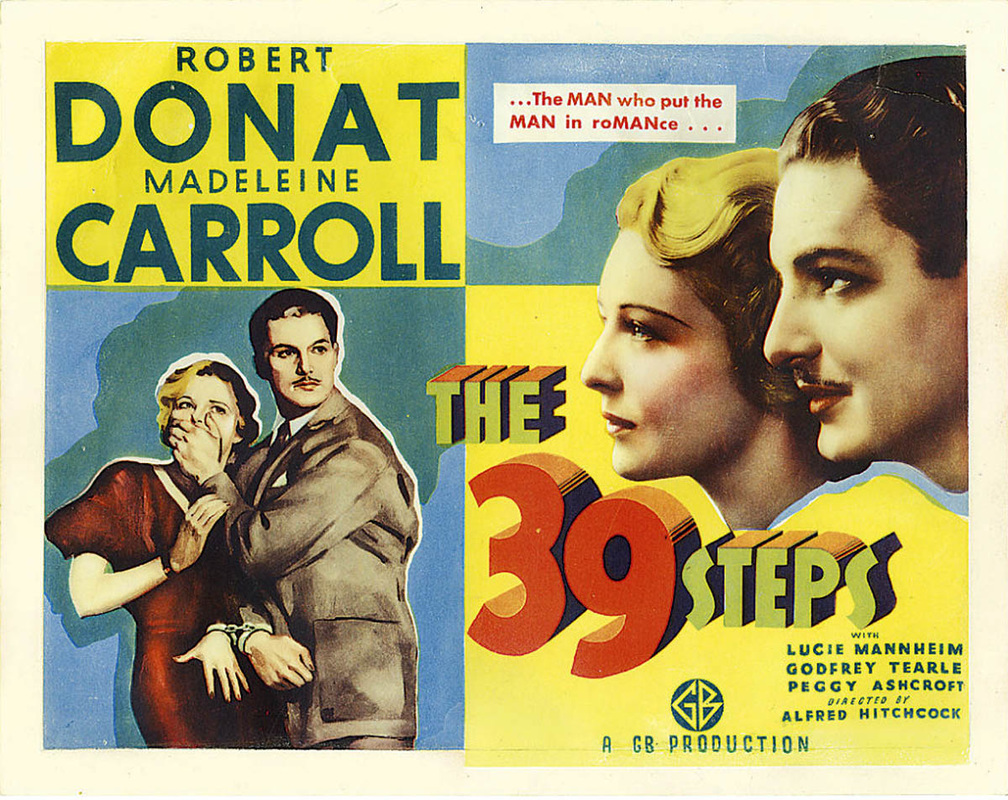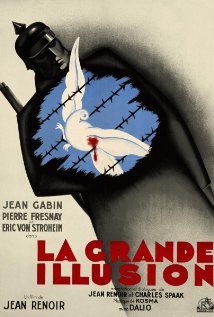|
20. The Parallax View (1974) – This was one of the key film experiences of my youth and has never lost its strange power. Dreamlike at times, spectacular in detail, and brilliantly right about American politics, I wrote a long essay about the film and Robert Kennedy’s murder in my book Dissenting Views. 19. The Ruling Class (1972) – I find that people are not generally familiar with this picture, although it lies waiting to be discovered by this and future generations. Hilarious, acerbic, savage in its depiction of class, filled with odd bursts of song, and then finally, shockingly, violent – this is one of the unique film experiences one can have. The lead role is perfect for Peter O’Toole and he is perfect in it; if you can, read nothing about it and then see it with no distractions. 18. The Searchers (1956) – The one John Ford picture that really hits home with me, this bizarre but often gorgeous film reveals a real ambivalence in America’s treatment of the Indian populations and the Western genre in general. Wayne is brilliant as a character who becomes an anachronism in his own time and – despite his own “heroic” actions – finds himself forever isolated from the world. See a brief discussion of it between myself and film historian Joseph McBride in the interview section of Dissenting Views II. 17. Dr. Strangelove (1964) – The final scene is still, I think, the funniest I have ever seen, and the laughter chokes in a series of atomic blasts. Kubrick famously tricked George C. Scott into delivering a crazy, off-kilter performance by only using those takes, but it somehow works beautifully in the context of this truly brilliant movie. No matter how many times you see it, the thing gets better and better. 16. Chinatown (1974) – Robert Towne’s terrific noir script is given the old Hollywood treatment in a film that one-ups many of the great 1940s films it evokes. Incredible performances by Nicholson, Dunaway, and Huston, and a story that taps into the true story of how Los Angeles came to be.
13. The 39 Steps (1935) – The greatest of Hitch’s British films in my opinion (with apologies to The Lady Vanishes), most of its large budget went to the stars Madeleine Carroll and Robert Donat – money well spent. Perfect of its kind, with memorable scene after memorable scene and beautiful chemistry between the leads, The 39 Steps has lost none of its zip 80 years later. Also note the stunning scene midway through the film, as Donat finds himself at a farmhouse owned by a lonely woman and her vicious husband.
12. Grand Illusion (1937) – One of the most famous films of all time, and justly so, Jean Renoir’s masterpiece deals with friendship, war, and class in equal measure. It is also one of the first prison camp films, a genre that produced The Great Escape, Stalag 17 and many others of lesser quality. Hard to express the depth of humanity that Renoir reaches, with the help of his incredible cast, including Jean Gabin and Erich von Stroheim. Renoir's camerwork, in this and other films like La Bete Humaine and Regle de Jeu, is so identifiable it infected close family members; by accident, I happened to catch The Spy Who Loved Me on television recently and marveled at the cinematography in the opening. (Seriously, go back and watch it. Amazing.) The credits later revealed: Claude Renoir, his nephew. Ah. 11. City Lights (1931) – When you look back on this film, like many of Charlie Chaplin’s films, the elements contained seem very simple. And yet the effect, taken together, is devastating – both in the comic but then, especially, the emotional elements. The ending has been called the greatest of all time by more than one critic, and more than one auteur, and it is entirely justifiable.
0 Comments
Your comment will be posted after it is approved.
Leave a Reply. |
AuthorThis is Joe Green's blog. Archives
August 2021
Categories |



 RSS Feed
RSS Feed
